In the opening lines of his fourth and final novel, Tender Is The Night, F. Scott Fitzgerald describes a "large, proud, rose-colored hotel" nestled on the French Riviera between Marseilles and the Italian border and about five miles from Cannes: "Deferential palms cool its flushed facade, and before it stretches a short dazzling beach. Lately it has become a summer resort of notable and fashionable people..."
What Fitzgerald called Gausse’s Hôtel des Étrangers was of course modeled after the Hotel du Cap-Eden-Roc, a glittering refuge for the one percent since 1870. For 150 years, the property has served as the sun-kissed home away from home for titans of literature (Fitzgerald, Hemingway, Stefan Zweig, Noël Coward), film (Marlene Dietrich, Alain Delon, Elizabeth Taylor, who brought all of her husbands there, and every Hollywood A-lister in town for Cannes), art (Chagall, Picasso, Matisse), music (John and Yoko, Jane and Serge, Ella Fitzgerald), politics (Churchill, De Gaulle, the Kennedys), and high society (Russian aristocrats, the Duke of Windsor and Wallis Simpson).
But despite its esteemed reputation for hosting stratospherically famous guests (and for commanding equally stratospheric room rates during high season), the hotel has managed to retain a refreshing air of informality, says historian Alexandra Campbell, author of the new coffee table book Hotel du Cap-Eden-Roc: A Timeless Legend on the French Riviera. "When I was approached for this project, I initially thought, 'Am I really that interested in all these glamorous people?' I didn't want it to be just a reflection of the bling," she says. "Boy was I in for a reeducation."
What Campbell discovered in her research was a hotel with a deeply fascinating history that has survived not only two world wars and two pandemics (Covid-19 included), but also the globalization of the hotel industry that has rendered so many former grande dames impersonal, uninteresting, and artificial. Throughout its century-and-a-half-long existence, the Hotel du Cap-Eden-Roc has had an uncanny knack for consistency, owing much to having been in the hands of just two families, first the Sellas of Italy, and, since 1969, the Oetkers of Germany, whose collection of properties includes Le Bristol in Paris and Jumby Bay Island in Antigua. "That it's not part of a chain means that you've had people really loving it, looking after it, nurturing it—like parents," she says.
And they have presided over a revolving door of celebrities who have sought out the Hotel du Cap for sun, play, love, rest, or all of the above. "At the end of it they are normal human beings who just want a bit of release from the cares and worries in the world," Campbell says. "Like everyone who goes on holiday, that's what it is. A break."
That's not to say that every guest was necessarily well-behaved. Below, a brief history of the legendary hotel, which reopens for the 2021 season on June 4th (just in time for the E.U.'s planned reopening of borders to Americans).
The Hotel du Cap-Eden-Roc was first called Villa Soleil and conceived as an artists' retreat.
In 1865, Jean Hippolyte Auguste Delaunay de Villemessant, owner of France's Le Figaro newspaper, had an idea: to build a retreat for anxious, burned out artists and writers on the Côte d'Azur, where they could recharge surrounded by sea and mountains for as long as they wanted, and for very little money (the costs would be subsidized by the hotel's owners). He aptly named it Villa Soleil.
Unfortunately, the landowners on Cap d'Antibes, led by Alexey Plestcheef, a former captain of the Russian Imperial Guard, had other ideas. Plestcheef, whose late brother-in-law Count Pavel Fersen built the famous Grande Allée that now stretches from the steps of the Hotel du Cap down to the Mediterranean, acquired dozens of acres and decided instead to build a luxury palace hotel—artists would still be welcome, but so would the one percent. During construction, Villa Soleil's name was changed to the Grand Hotel du Cap, which officially opened its doors in 1870.
The hotel's glory was short-lived. The Franco-Prussian War broke out that summer and was followed by the Long Depression, which lasted for two decades. The Grand Hotel du Cap sat abandoned for 17 years until the Italian hotelier Antoine Sella discovered the gem in 1887 and brought it back to life. In 1903, he modernized the amenities with the help of British politician Lord Onslow. When Antoine died in 1931, his son André took over as proprietor, and the hotel remained in the Sella family until the Oetkers purchased it in 1969 (it was renamed the Hotel du Cap-Eden-Roc in 1987).
"It's a real international corporation," Campbell says. "It was thought up by a Frenchman, opened by Russians, managed and then owned by Italians, bankrolled by a Brit. Then Americans came and breathed new life into it after the First World War and helped it back on its feet after WWII. Then the Germans bought it in the 1960s. It's a place for the whole world."
The Côte d'Azur was originally a winter playground.
Thank the Americans for turning the French Riviera into a veritable summertime destination. Pre-1920s, the region was bustling from September through April, and then closed in between. The fashionable set considered it too hot in July and August, instead opting for cooler Atlantic-facing locales like Deauville on the Normandy coast, or Biarritz. Then in the early 1920s, Gerald and Sara Murphy, wealthy American expats who later inspired the characters Nicole and Dick Diver in Tender Is The Night, were invited by their friend Cole Porter to spend the season down on the Riviera. "There was no going back to holidays in Normandy after that," Campbell says.
In 1923, the couple rented out the Hotel du Cap for the summer, became the center of a starry social circle that included Porter, the Fitzgeralds, Hemingway, Dorothy Parker, Jean Cocteau, and Picasso, and forever christened the Riviera as a summer haven. Eventually they bought a home in Cap d'Antibes and named it Villa America.
The Murphys were also credited with introducing the spirit of informality that exists at the Hotel du Cap to this day. "They came in with their jazz, their music, their fun, their party people, and they had picnics on the beach," Campbell says. Plus, they made sunbathing a popular pastime, a foreign concept before their arrival.
Wallis Simpson and the Duke of Windsor were frequent guests during the '30s.
From the time of their courtship—when he was still King of the United Kingdom—the Duke of Windsor and Wallis Simpson were regulars at the Hotel du Cap. They would always be personally greeted at the train station by owner André Sella. When the couple were able to get married the summer after Edward VIII's 1936 abdication, they wanted to do it on the Riviera but the idea was vetoed by King George VI, who thought the destination unbecoming of a member of the House of Windsor.
The Hotel du Cap was the setting of various love affairs, most notably between a film star and a Kennedy.
No, not Marilyn and Jack. Over two seasons (of many) she spent at the Hotel du Cap in the late 1930s, Marlene Dietrich racked up quite a tally of love affairs. In the summer of 1938, the German-American Hollywood icon arrived at the hotel with her husband, their daughter Maria, her husband's mistress, and her own lover, the novelist Erich Maria Remarque. Dietrich then locked eyes with Joe Kennedy, who was there on holiday from his ambassador post in England with his wife Rose and their nine children (second sibling Jack was 21 at the time). He became a frequent visitor to the actress's beach cabana.
The next summer, the Dietrich entourage and the Kennedy family's French Riviera holidays overlapped once more. The pair resumed their affair, until Dietrich took on a new lover—a woman this time, also named Joe.
This content is created and maintained by a third party, and imported onto this page to help users provide their email addresses. You may be able to find more information about this and similar content at piano.io
"hotel" - Google News
May 13, 2021 at 11:44PM
https://ift.tt/2RbcnOy
A Brief History of the Legendary Hotel du Cap-Eden-Roc - TownandCountrymag.com
"hotel" - Google News
https://ift.tt/3aTFdGH
https://ift.tt/2xwvOre
Bagikan Berita Ini
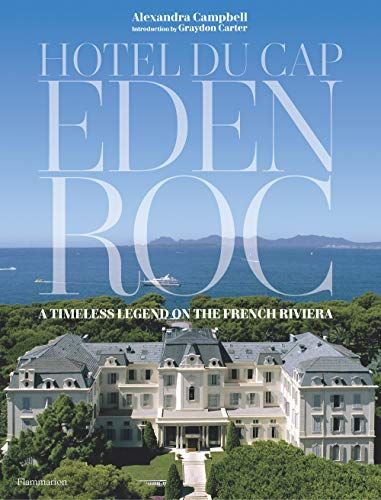
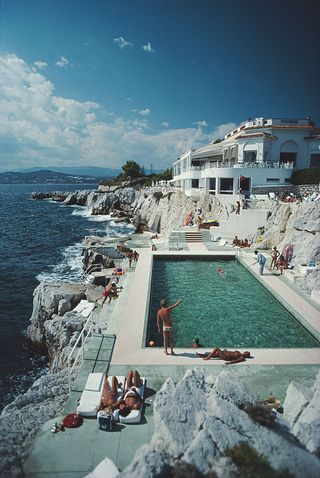
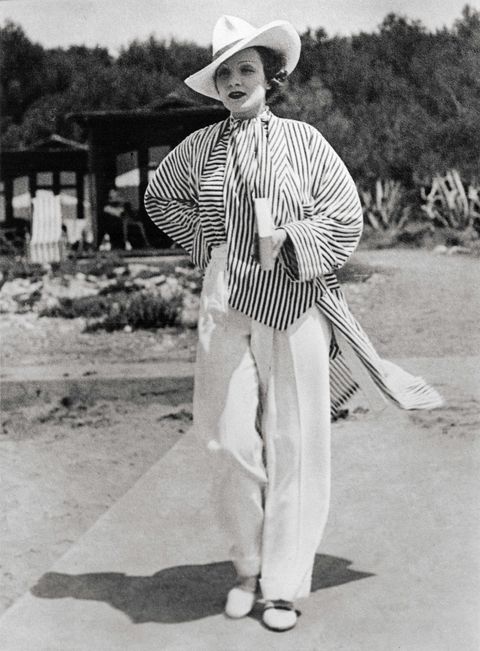
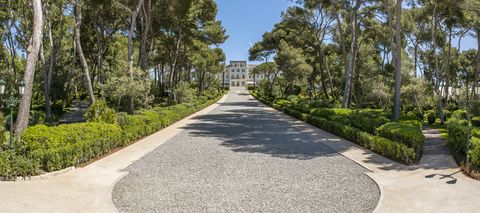
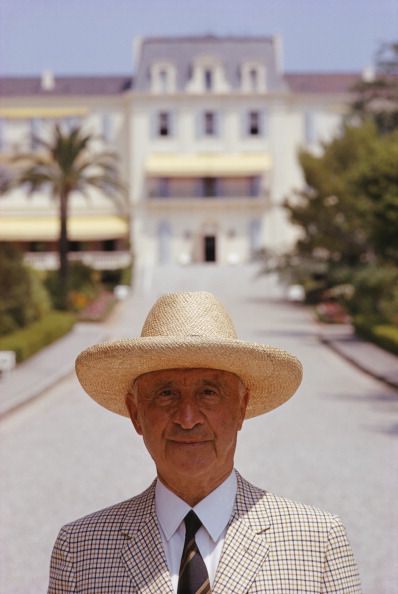
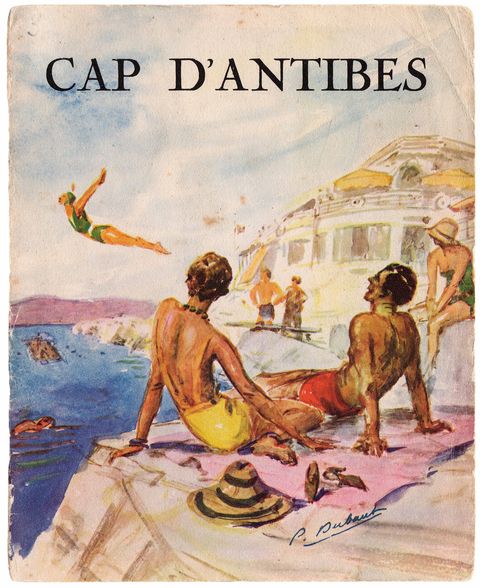
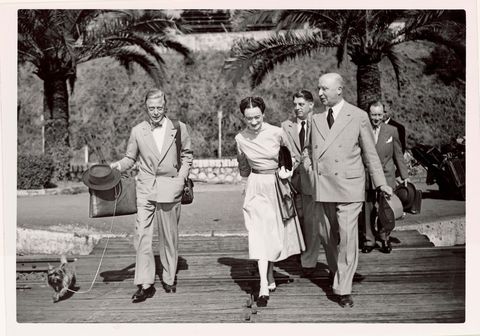
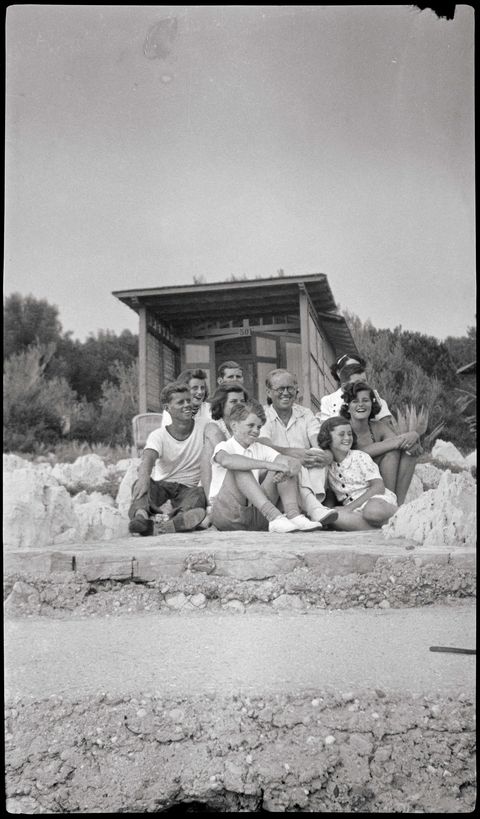














0 Response to "A Brief History of the Legendary Hotel du Cap-Eden-Roc - TownandCountrymag.com"
Post a Comment